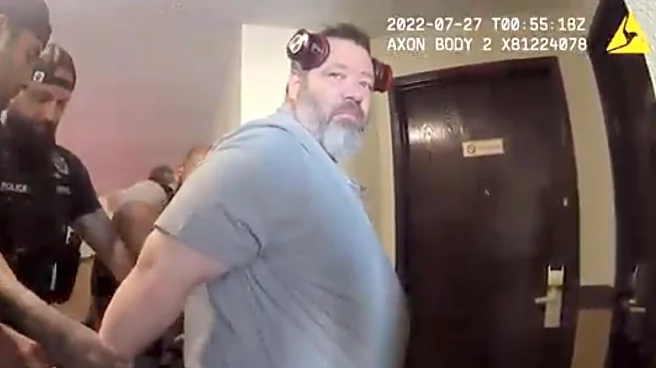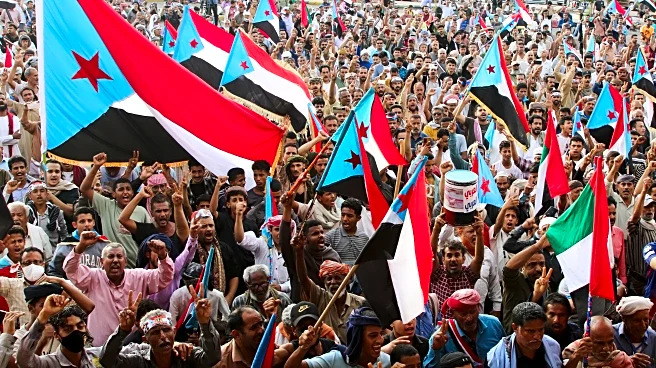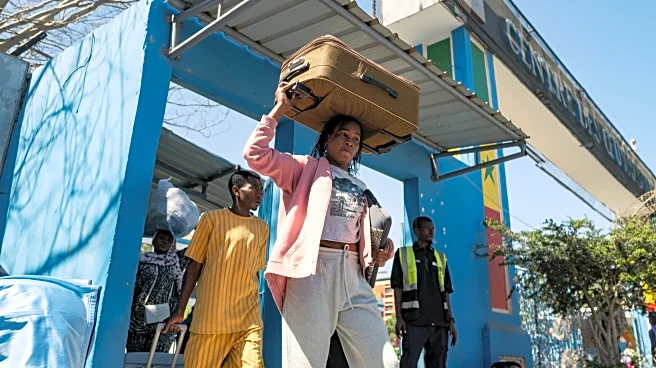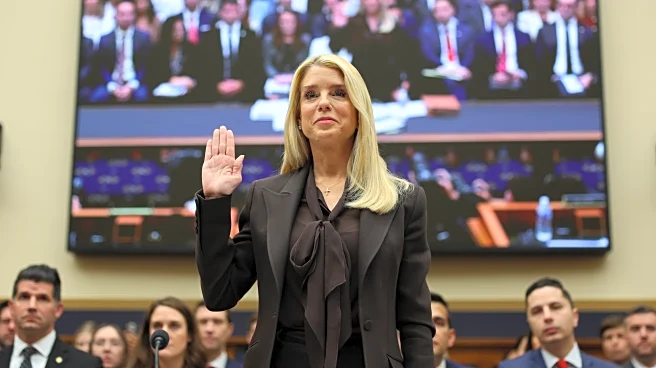What's Happening?
The UJA-Federation of New York has announced a new allocation of $7.8 million in grants to support various recovery projects in Israel. This funding is primarily directed towards communities in the north and the Western Negev, which have been significantly impacted by recent conflicts. The grants are distributed among 55 organizations, with a focus on those that have previously received support from the federation. Notably, HaGal Sheli, a surf therapy nonprofit, and Shitufim: Regional Parent Support Centers in the North, are among the largest recipients, receiving $500,000 and $400,000 respectively. Approximately half of the funds, totaling $3.7 million, are designated for southern Israeli kibbutzim and moshavim that were attacked by Hamas on October 7, 2023. These communities, including Kibbutz Nir Oz, Kibbutz Be’eri, and Kibbutz Kfar Aza, will receive grants ranging from $50,000 to $350,000. The remaining funds will support initiatives aimed at strengthening Israel’s north, educational programs in the Western Negev, and special populations such as families of victims, female soldiers, reservists, hostages, and orphans.
Why It's Important?
This significant financial support from the UJA-Federation of New York underscores the ongoing need for international assistance in rebuilding and supporting communities affected by conflict in Israel. The allocation of these funds highlights the federation's commitment to addressing the immediate and long-term needs of these communities, particularly those that have suffered the greatest losses. By focusing on mental health programs, vocational rehabilitation, and support for bereaved families and children affected by trauma, the grants aim to foster resilience and recovery. This initiative also reflects the broader efforts of the Jewish Federations of North America, which has raised approximately $900 million and allocated over $700 million since the October 7 attacks. The financial aid is crucial for sustaining the recovery process and ensuring the well-being of affected populations.
What's Next?
The UJA-Federation of New York will continue to monitor the impact of these grants and assess the ongoing needs of the communities they support. As the situation in Israel evolves, further allocations may be necessary to address emerging challenges and ensure comprehensive recovery. The federation's efforts are likely to inspire continued fundraising and support from the global Jewish community and other international partners. Additionally, the focus on mental health and vocational rehabilitation suggests a long-term commitment to rebuilding not just infrastructure, but also the social and economic fabric of the affected regions.










